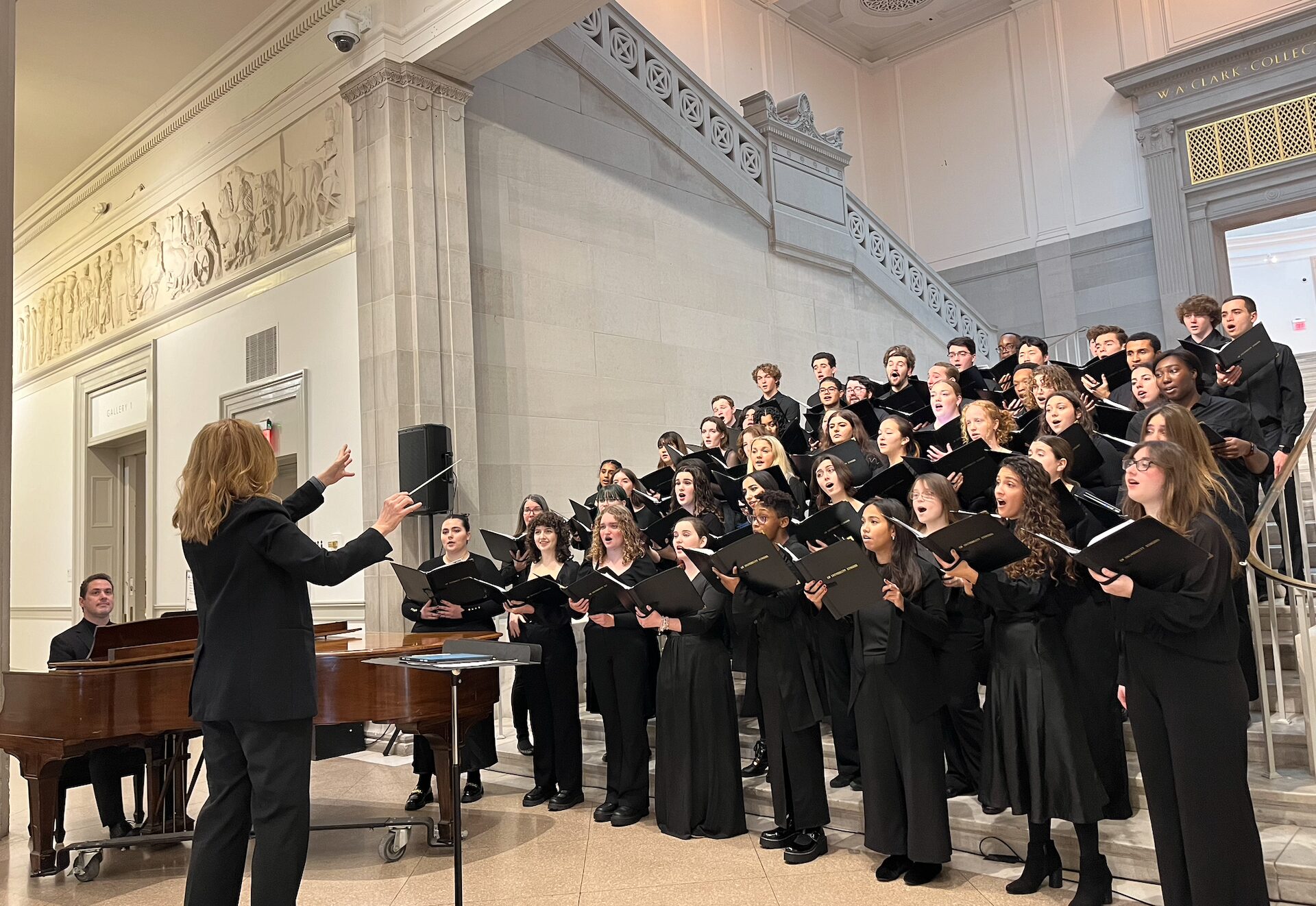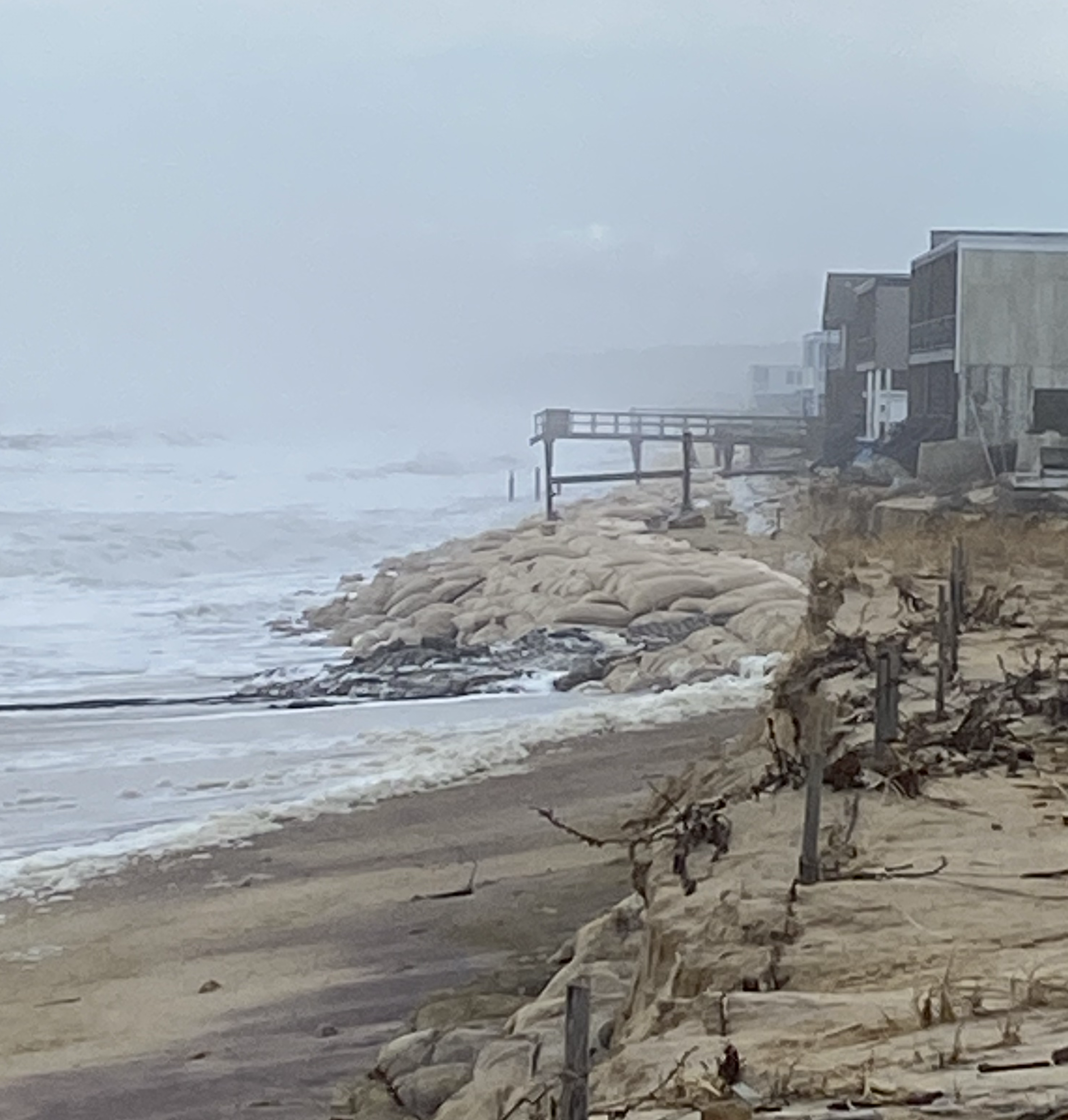
GW Students Unite to Help Flint

Students at The George Washington University in Washington, D.C., faced with their dining hall permanently closing in May, are banding together to spend their extra dining dollars on a good cause: helping the victims of the Flint, Michigan, water crisis.
About two years ago, Michigan decided to switch Flint’s water supply from Lake Huron to the Flint River, which, according to CNN, is a river that is notoriously known to locals for its filth. It has led to serious problems regarding lead contamination and public health risks.
FiveThirtyEight reporter Anna Maria Barry-Jester explained the background of the crisis in her recent article, “What Went Wrong In Flint.” For nearly 50 years, Flint bought its water from Detroit, which pumped it out of Lake Huron, Barry-Jester said. But in 2013, “the city voted to join a new pipeline being built to the lake, prompting Detroit to cancel its agreement.” Instead of agreeing to an updated, short-term contract with Detroit, Flint decided to use Flint River as a water source, as an effort to save money, even though “Flint’s water system hadn’t been a drain on the budget.”
This crisis has inspired college students across the nation to unite to send safe water to Flint. Some of the participating universities include University of Michigan, University of Missouri and Ball State University. Many have created donation drives, such as Ball State University’s #FreshWaterWednesday drive, to collect an abundance of bottled water to send to Flint.
Students of The George Washington University also are fundraising for Flint, though in a less traditional way — by preventing economic waste.
Recently, the first-year students at GW were informed that their dining plan was changing: the freshman dining hall is no longer being offered to students beginning in the fall. Thus, GW Dining told current first-year students that they need to spend all of their “Dining Dollars,” money that only can be used at on-campus dining locations, by the end of the spring semester. In the past, excess Dining Dollars that were unused during the student’s first year at GW carried over into their second year, and could be used until the first semester of their third year. Thus, the decision means current first-year students have only five months to spend between $700 and $1,400, depending on how much they spent this fall.
Students quickly recognized this would be a challenge, considering first-year students also had $1,510 in “Colonial Cash,” money that can be used at off-campus restaurants. So, to avoid forfeiting their remaining Dining Dollars to the university at the end of the semester, students decided to purchase water bottles from their dining hall to send to Flint, and put their money to good use.
GW students took their negative circumstance and made sure it had a positive outcome. Have your university’s students done something similar or are they helping Flint in some way? Share it in the comments.
(Photo by U.S. Army Corps of Engineers)























